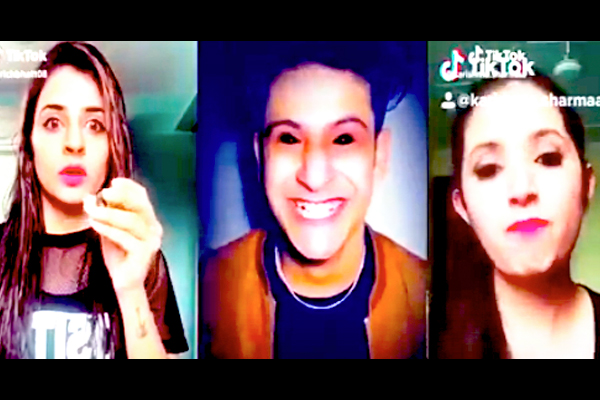CRAZY –
Dec. 26, 2021 – “We have to convince these kids to release their self-diagnoses but when they leave us they go right back into that TikTok community which reinforces their beliefs,” said Don Grant, executive director of outpatient services for Newport Healthcare’s teen treatment center in Santa Monica, Calif. He hasn’t kept a tally of the teens who use TikTok to self-diagnose but said it’s significant.
Dr. Grant, who chairs a committee of the American Psychological Association that develops guidance for psychologists and the public on device and social-media use, explained that being saturated with negative content can alter the brain’s chemistry, displacing feel-good neurotransmitters with stress hormones.
“What happens is adrenaline and cortisol flood your brain, and dopamine and serotonin leave the building,” he said.
Some therapists are going on TikTok to combat misinformation about mental-health conditions. Evan Lieberman, a clinical social worker in Minneapolis, has amassed more than a million followers on TikTok; in some videos, he pokes fun at all the self-diagnosis questions he gets.



